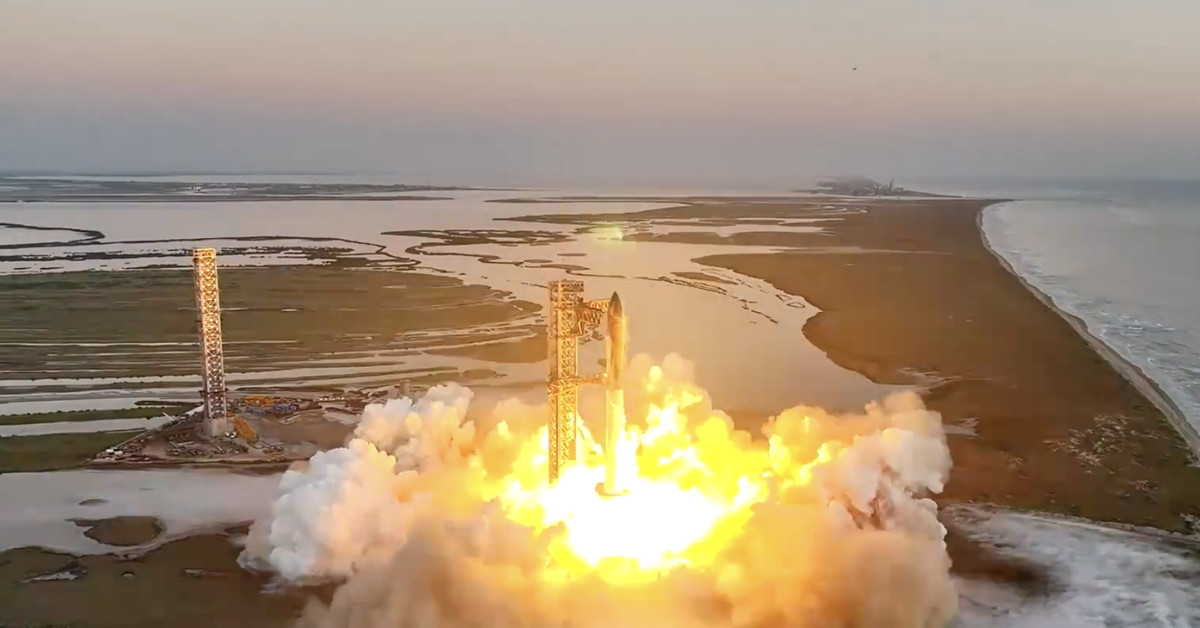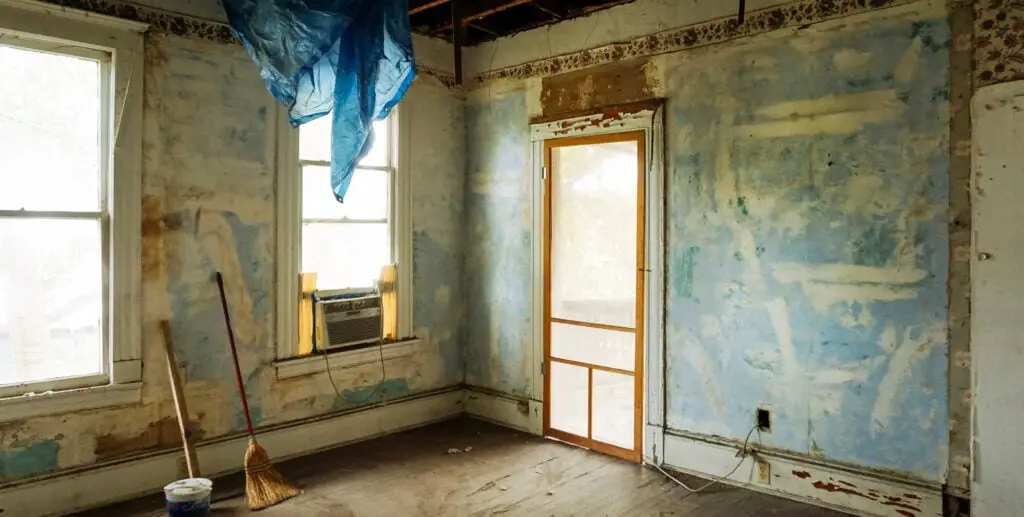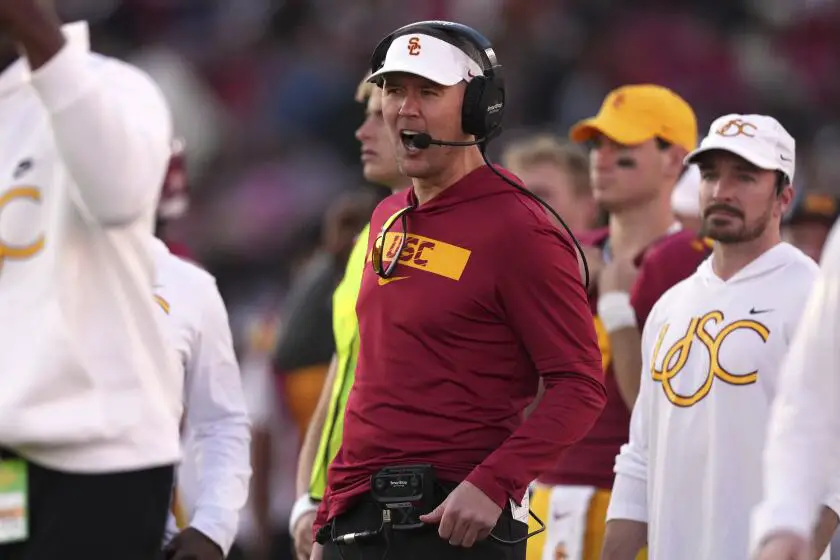
SpaceX’s Starship spacecraft splashed down in the Indian Ocean a little over an hour after its 8:25AM ET launch from South Texas. Almost seven minutes following liftoff, the Super Heavy booster returned to its launchpad, where the launch tower caught it using arms that SpaceX has nicknamed the “chopsticks.”
The remarkable catch was a first for SpaceX and an important step toward making the Super Heavy booster a fully reusable launch system just like SpaceX’s Falcon 9 rockets. The booster completed a similar set of maneuvers to today’s during its previous flight test in June, when it splashed down in the Gulf of Mexico, instead.
Today’s flight test, which was delayed 25 minutes while SpaceX waited for its launch range to be cleared of boats, marks the second full Starship launch, flight, and return to Earth. The craft reentered the Earth’s atmosphere about 45 minutes after liftoff and carried out a “soft” splashdown in the Indian Ocean at 9:30AM ET. An explosion rocked the craft just after that.
SpaceX redesigned Starship’s heat shield for this test after Starship lost fragments of its shielding during reentry in June. The company used new heat shielding tiles and added an extra backup ablative layer, as ArsTechnica described last week.
The Federal Aviation Administration (FAA) gave SpaceX approval for the test flight only yesterday. It had originally expected to clear this launch next month, but the FAA and its partner agencies reportedly carried out their assessments of SpaceX’s preparations faster than anticipated.
Update October 13th: Updated to reflect that Starship has splashed down in the Indian Ocean.








